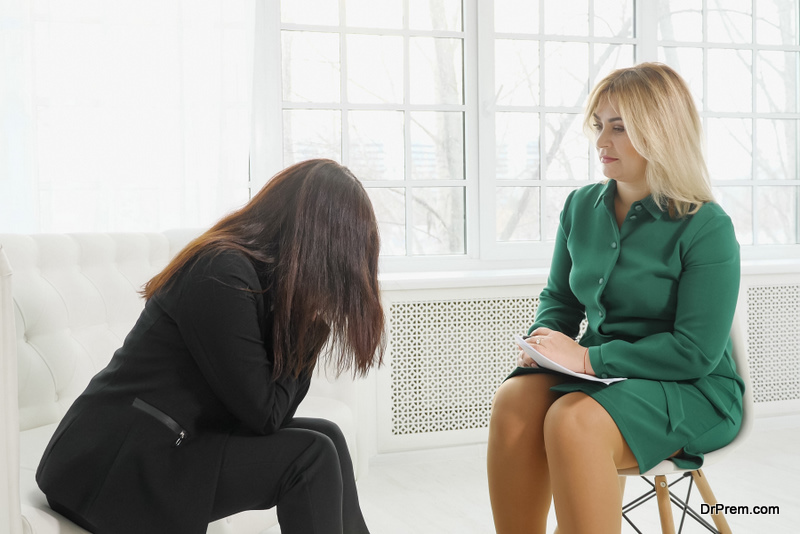The recent COVID crisis has taught us how fragile yet important our mental health is. We are social beings, and any small disturbances to our bodies and brains can lead to major long-term consequences. Mental health affects every aspect of our existence, including marriage, relationships with other people, professional development, and overall satisfaction with life.
People who are struggling with mental health often find it hard to perform the simplest of tasks. They are no good to themselves and others around them. Furthermore, a poor mental state can also affect physical health. It can lead to issues such as stress anxiety, potentially leading to brain and heart conditions.
Although you can always sign up for one of the mental health treatment programs, it is much more important to work on prevention. Balancing chemicals in your body can definitely help, as well as lead a constructive, fulfilling life.
To have a better understanding of what we’re referring to, here are 7 ways of protecting your mental health.
1. Avoid too much news

A lot of people falter mentally after watching the news. This is especially true in times of wars and crisis. Although we all have a certain level of resiliency, being exposed to this much negativity takes a toll on your mental health. Politics, crime, environmental issues are just some of the things that will get you down.
While it is always nice to stay informed, you should take a break every once in a while. For example, you can watch your favorite TV show, some game, or a movie. It’s even better if you have a partner or kids nearby.
2. Think about your fitness
Whether you like it or not, our physical and mental beings are interconnected. Almost everything we do during a day has an impact on our hormone levels. To stay in balance, you need to take care of your body and exercise regularly.
Besides physical activity, you need to eat regular, healthy meals with lots of fruits and vegetables. Sleep is every bit as important. Also, make sure to avoid taking alcohol, tobacco, and unnecessary drugs.
3. Communicate with people

As mentioned, we are social beings, and our mental health is directly affected by our relationships with others. Even if you’re antisocial or an introvert, talking to friends and family members can help you cope with tough situations. In fact, experts claim that you will experience major therapeutic benefits after doing so.
4. Talk to a mental health expert
A lot of us are too proud or too prejudiced to talk to a counselor. However, that doesn’t change the fact that each one of us needs help every once in a while. Even if you think you’re not making progress during these sessions, they can be quite liberating and have a positive subconscious impact on your mental health. Ideally, you should prepare a list of topics ahead of a session, so you can get the most out of it.
5. Do fulfilling things

When it comes to mental health, you have to go back to the basics. Simply doing things that are fulfilling can take a load off your shoulders. Furthermore, you should try things you always wanted to try but never had time for (as long as they don’t cause anxiety).
No matter what you decide to do, be moderate. Sometimes, people go to the opposite extreme and overdo it with fun activities as a way of escaping reality. Keep in mind that these things are meant to improve your mental health and provide a temporary escape, but they shouldn’t replace your daily life, nor should they make you forget daily responsibilities.
6. Try meditation
According to several studies, meditation can provide tangible benefits for both your mind and body. You just need to find a silent corner (can even be at your house), sit in a comfortable position, and try to relax your mind.
Based on what we know about meditation, this practice can reduce stress and relieve anxiety, eliminate negativity and bad attitude, promote other healthy practices, improve your patience, and increase your focus and discipline.
7. Limit your time on social networks
![]()
Social networks are one of the worst places for mentally troubled individuals. People on Instagram and Facebook portray their lives as if they’re perfect, which will make you feel bad about yourself. Furthermore, there is always a sense of one-upmanship adding to your existing mental burdens.
Although you should probably use social media to connect with friends and family, make sure to limit your online presence. Also, avoid any discourses that would lead to negativity.
Article Submitted By Community Writer




